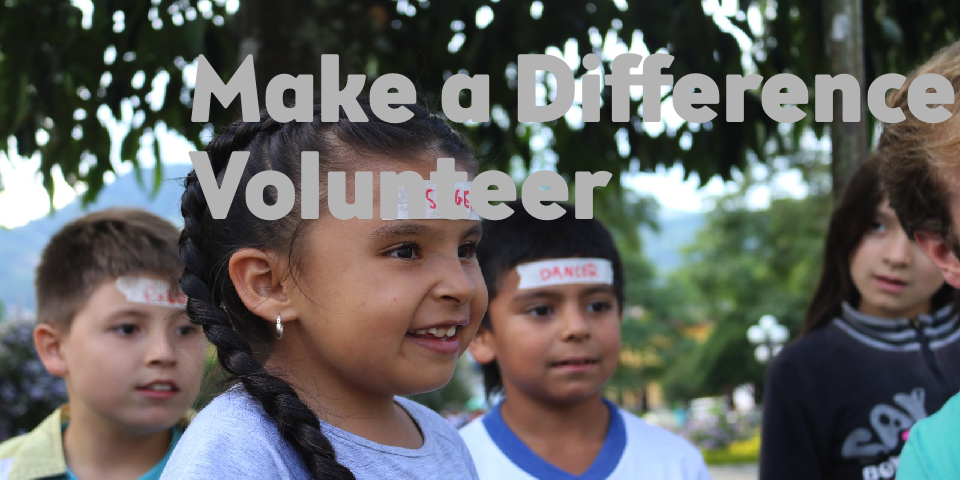At what point are you done ‘learning a language’?
When you start dreaming in it? I don’t even dream in English…
When you somehow never trip up speaking it? I certainly trip up speaking English…
Successfully reach the C2 in the DELE exam? I doubt I could if I took it in English…
So either I haven’t learned (or really acquired) English, or perhaps it is a lot harder to distinguish when you are finished learning a language than say when you are finished learning other fields of study.
And that’s primarily because language doesn’t exist independently: it only exists when you use it. It can be studied in meta-function but to use a language is more its point than to somehow learn it as if it were akin to learning Art History…
You don’t learn a language. You simply get used to it over time.
Acquiring a second language is frustrating. It is filled with plenty of situations that require an ability to tolerate a lot of ambiguity.
It is hard to motivate yourself to study it and even harder to motivate yourself to practice it. Negative emotions create a state of: –am unable to- which limits practice and eventually creates a self-fulfilling prophecy.
And most of the time when you do ‘get things right’ you won’t even know why or where that piece of knowledge seemingly came from…
So what’s the prognosis? Simple. Ditch the idea that you have to ever ‘learn it’ or achieve some proposed level of completion and just try to use it and slowly get used to it.
Use It To Get Used To It
After a very surface-level google search, Phrases.org.uk tells us that:
‘This began to be used as a single sentence, with the meaning – ‘that’s how things are; accept it’, from around the early 1990s in the USA. Here’s an early example, from a report of a Gay Pride march in Washington, USA, in April 1993, by Simon Tisdall in The Guardian:
“We’re queer, we’re here. Get used to it,” said T-shirts worn by some of the marchers…’
Get used to it – to not be bothered by something anymore / to become accustomed to it
In some regards it can even have a negative context. And I can see that wholly expressed in a language context as well.
Whether you like it or not: a language is meant to be used, explored inside and out, so you better get used to doing it.
Getting used to a language means stopping to think of yourself as merely a student of the language but as a user of it.
It’s when you stop personally identify as a student of the language and start identifying as a user of it. As a speaker of it, as a writer of it, as a listener of it, and as a reader of it. Everyone has their own language: no two people share the same vocabulary, contextual ability, phrasings, pronunciations, etc.
Take It One Day At A Time
When you lose weight you often don’t notice. Seeing yourself in the mirror every day makes it difficult to notice the small daily changes that occur, even when they add up to big changes over time.
The same thing happens with a second language. As you use it more and more, its difficult to be able to give yourself self-praise regarding your progress because you don’t notice it.
It’s much easier to notice when you have a gap in your understanding or you say something incorrect and your Monitor picks up on it.
There’s two solutions to this:
- Track these small changes as closely as possible with video examples of yourself speaking, etc. for self-motivation purposes
- This would be akin to taking photos of yourself before losing weight
- Or, realize that language learning isn’t similar to body recomposition goals, and simply try and communicate real messages more often
Just use, use, use your new language without worry about how far along the track you are.
Give Yourself the Need To Use It
The difference between someone living in a Spanish-speaking country and someone that is only studying it as a past time is the need to use it. The person living there needs to use Spanish, regardless of their ability.
There isn’t a special line in a grocery store in Colombia for people who are students of Spanish.
You need to know the right word for apples how to phrase a question asking for where they are and how to pronounce it correctly. There are no shortcuts.
At first, it’s going to be difficult. But it will get better. But only with use.
The more you use it, the more you get used to it.
If you can’t just up and move to another country for an immersive experience – like say with ACASpanish.com *hint* *hint* – what are some other ways you can give yourself the need to use it?
Free Online Language Exchange Programs
Websites like italki.com and interpals.net are websites where you can create a profile and find native speakers to chat with in the language you are learning.
Before I travel I always try to hit up people from language exchange websites in order to get a feel for the place first. While some are insistent with a 50/50 split between English and Spanish, I often find that most are interested enough in just the ‘pen pal’ aspect of it alone and communicate with me entirely in Spanish.
Not only are you using your language more often, but the more you communicate, the more you will feel a need to keep getting more and more used to your second language.


